Meet our speakers
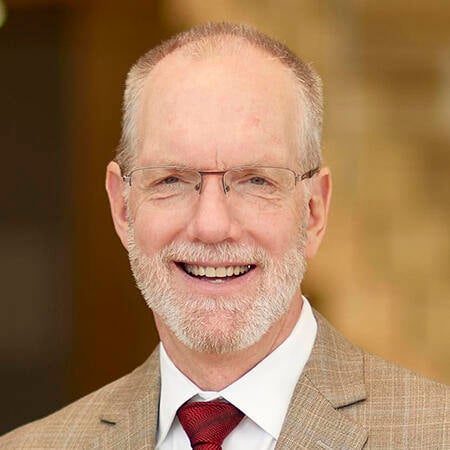
Chris L. Heavey is the executive vice president and provost at UNLV. In this role, he serves as the university's chief academic officer and works closely with the president in overseeing academic and budgetary policies and priorities for the campus.
As a professor of psychology, he conducts research to improve understanding of the inner experience and its relationship to mental health. He is one of the nation’s leading scholars in the thoughts and feelings that make up the consciousness of people as they go about their everyday lives.
Heavey has been at UNLV for more than 30 years, during which time he has been recognized for his award-winning work. He has also held multiple leadership positions during his career, including senior vice provost, dean, vice provost for undergraduate education, director of general education, associate dean, interim department chair, and president of the Nevada State Psychology Board.
He received his Ph.D. in clinical psychology from the University of California, Los Angeles. He also holds a master’s degree from UCLA and a bachelor’s degree from UC Santa Cruz.
Dr. Stephanie Rodriguez
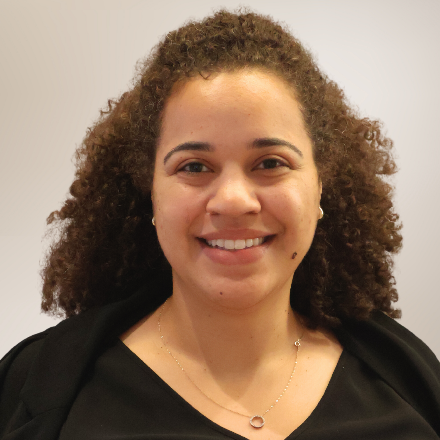
Dr. Stephanie Rodriguez is the inaugural Director of the STEMM Opportunity Alliance at the American Association for the Advancement of Science (AAAS). In this role, she leads the cross-sector coalition of partners working together to implement a National Strategy for STEMM Equity and Excellence.
Most recently Dr. Rodriguez served as a STEM Next Sr. Workforce Fellow at the U.S. Department of Labor’s Employment and Training Administration, in the Office of the Assistance Secretary. While at ETA Stephanie developed and launched the DOL Youth Employment Works strategy focused on centering young people in critical workforce development opportunities connected to historic federal investments in infrastructure, semiconductors, and clean energy. As a Fellow, Stephanie received a Secretary's Honor Award for her work.
Dr. Lisa Hinkelman
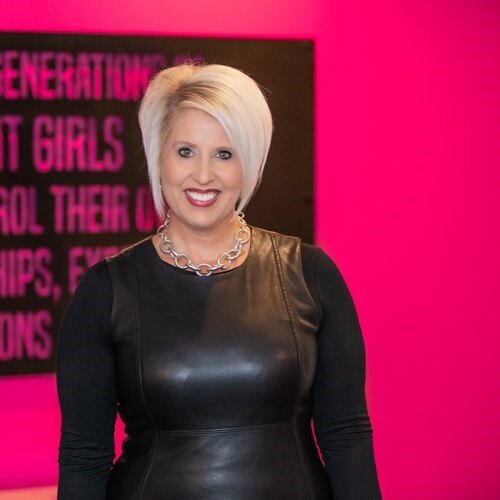
Dr. Lisa Hinkelman is a nationally recognized researcher, speaker and author who is a foremost authority on educating and empowering girls and creating environments that foster girls’ confidence, self-esteem and successful decision-making. She has spent nearly 20 years researching and counseling girls and educating adults, first as a professor at The Ohio State University and currently as the Founder and CEO of the national non-profit Ruling Our eXperiences (ROX), an organization that delivers evidence- based programming, research, education and training focused on the critical issues impacting girls.
Lisa is the author of the groundbreaking research report, The Girls’ Index™ , a national study with more than 17,000 girls and her best-selling book ’Girls Without Limits: Helping Girls Succeed in Relationships, Academics, Careers and Life’, (Corwin Press, 2021) was featured as an Amazon Hot New Release. Her work has been featured by The Wall Street Journal, Parents Magazine, Newsweek, USA Today, SXSW and Education World. She works with schools, corporations, associations and organizations across the country to address the social, emotional, educational, safety and leadership issues impacting girls.
Dr. Hinkelman earned her bachelor’s degree in Education and Psychology from Chatham College, her master’s and doctorate degrees in Counselor Education from The Ohio State University and completed the Strategic Perspectives in Nonprofit Management program at Harvard Business School. She is a former collegiate softball and ice hockey player, a rescue dog lover and mom to young, wild and four-year old daughter, Irene.
Panel: Understanding the Expanding Role of AI in Education and Work
Artificial Intelligence has been trending across many industries, with AI adoption gaining momentum for decades. This panel will discuss how AI will impact the educational landscape and potentially enhance learning outcomes, the implications on the future of work, and the workforce required to adopt it.
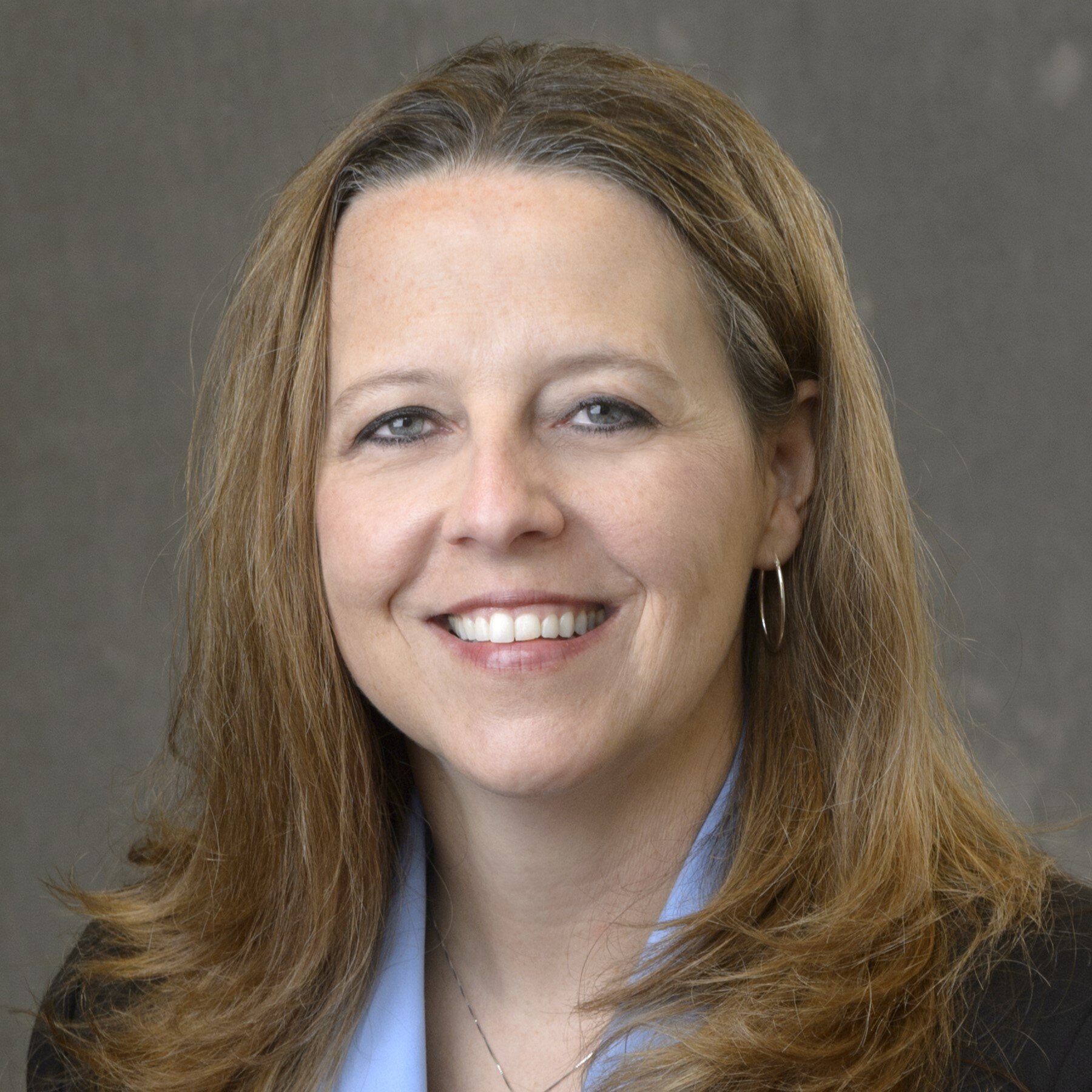
Dr. Carla C. Johnson is the Executive Director of the AI Academy and professor at NC State University. The AI Academy is the first of its’ kind nationally registered AI workforce development apprenticeship program. To date over 2,000 individuals representing over 100 partners have completed the program and received industry-recognized credentials in Data Scientist and Artificial Intelligence Associate.
In January 2025 the AI Academy will welcome the first cohort of K-12 classroom teachers into the program. Johnson has over two decades of experience in STEM and is a highly regarded scholar in research on the implementation of STEM education policy investments. Dr. Johnson has served as an expert advisor to the Office of Science and Technology Policy and has led research and evaluation projects for NASA and the Department of Defense. Dr. Johnson has led several large-scale STEM initiatives such as the STEM Road Map Curriculum Project and the first ever Handbook of Research on STEM Education.

Tim Melton is the head of Global Sales at Kira Learning, an innovative ed-tech company that is transforming the landscape of Computer Science and AI education. With a diverse career spanning state and local government roles and various early-stage technology ventures, Tim brings a wealth of experience in building and scaling high-performing teams.
His deep-seated passion for education technology and policy drew him to Kira Learning, where he is dedicated to driving innovation and advancing educational opportunities.
Originally from Michigan, Tim now resides in El Dorado Hills, CA with his wife Patty, their two children, Myles and Kendal, and their two beloved dogs, Brady and Snoop.
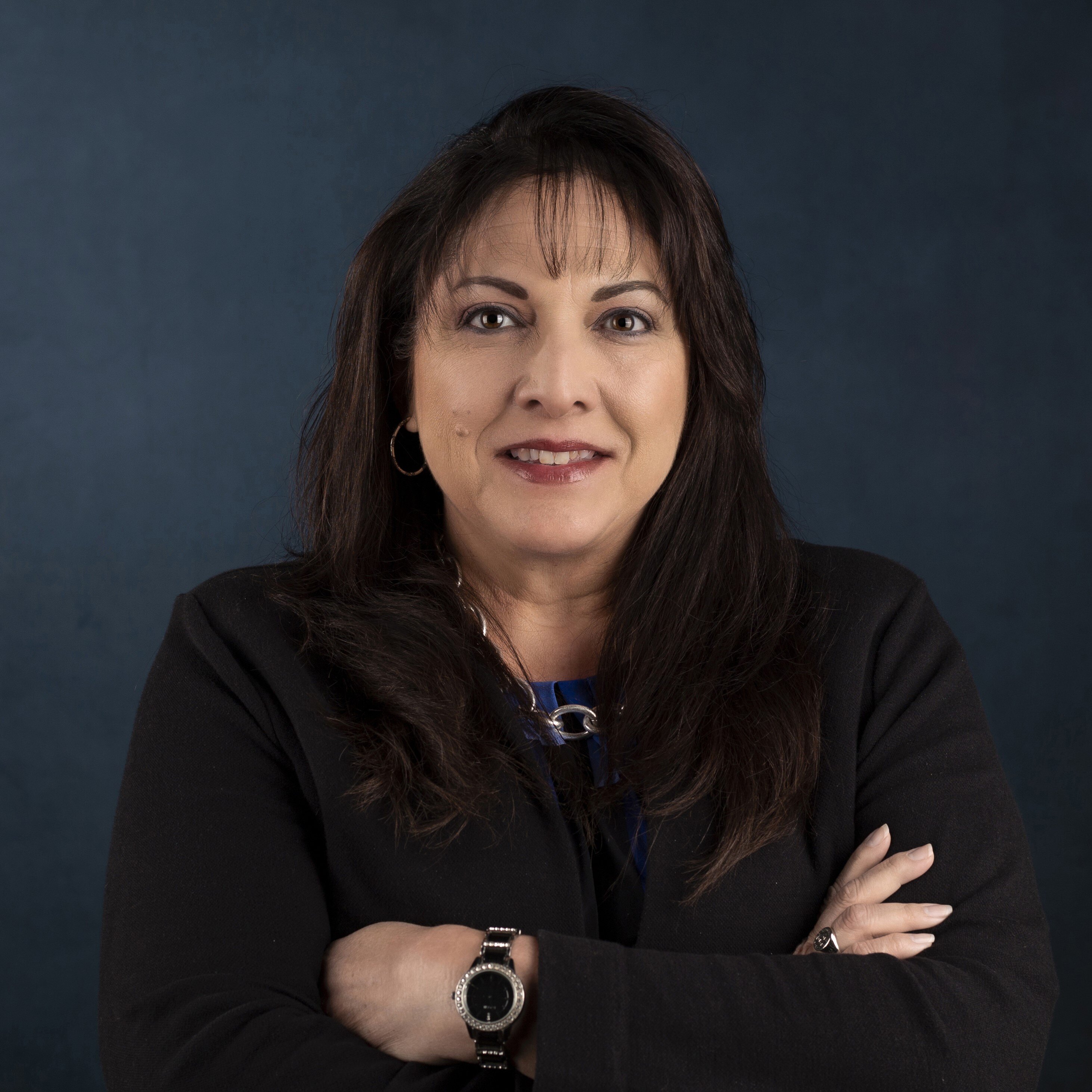
With more than 28 years of higher education experience, Maria Reyes has devoted her time to strengthening the efforts of recruiting and retaining underrepresented populations in the STEM disciplines. Her passion for the STEM program began at Arizona State University’s Ira A. Fulton Schools of Engineering where she garnered many grants supporting efforts to serve minoritized students in the field of engineering. For the last 20 years, she faithfully supported the Maricopa County Community College District, serving as an academic dean at three colleges and the Vice-President of Industry Partnerships for a county-wide Transformation effort.
Ms. Reyes is an engineer, earning a BSE and MSE in Civil Engineering from ASU and served as a consulting engineer early in her career. Her dedication to public policy and technical savvy earned her a Masters in Public Administration from Harvard University’s Kennedy School of Government.
In 2021, Ms. Reyes returned to her technical roots and joined Google, LLC and currently serves as the Global Workforce Innovation & Development Manager for Google Cloud. In 2022 she was honored to be appointed by President Joseph R. Biden, Jr. to serve as a Commissioner for the White House Initiative on Advancing Educational Equity, Excellence, and Economic Opportunity for Hispanics. She serves as the Vice President for TEAPOC, a non-profit organization based in California seeking to bridge the gap between representation and empowerment in the field of technology.
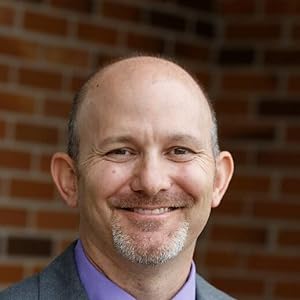
Joshua Sneideman is Vice President at Learning Blade, where he leads the implementation of innovative STEM education solutions in schools. Learning Blade offers a comprehensive suite of interdisciplinary lessons that align with state standards, making it an invaluable resource for middle schools. Joshua oversees initiatives like Learning Blade's new AI unit, which teaches students the fundamentals of artificial intelligence. A former Albert Einstein Distinguished Educator, Josh has authored multiple award-winning STEM education books on topics such as climate, energy, and women in STEM. He has provided professional development to organizations such as NASA, NOAA, and the U.S. Department of Education. Josh is also a proud father of three amazing daughters.
Panel: Collaborative Approaches to Support Women in STEM
Over the last decade the percentage of women in the STEM workforce has improved but there is still work to be done. This panel will discuss how working together with community stakeholders such as employers, policymakers, and educational institutions can attract and retain women in STEM. Panelists will review and discuss innovative programs, policies, and institutions that have been developed through collaborations aimed at incorporating women in STEM environments.
Dr. Lisa Hinkelman

Dr. Lisa Hinkelman is a nationally recognized researcher, speaker and author who is a foremost authority on educating and empowering girls and creating environments that foster girls’ confidence, self-esteem and successful decision-making. She has spent nearly 20 years researching and counseling girls and educating adults, first as a professor at The Ohio State University and currently as the Founder and CEO of the national non-profit Ruling Our eXperiences (ROX), an organization that delivers evidence- based programming, research, education and training focused on the critical issues impacting girls.
Lisa is the author of the groundbreaking research report, The Girls’ Index™ , a national study with more than 17,000 girls and her best-selling book ’Girls Without Limits: Helping Girls Succeed in Relationships, Academics, Careers and Life’, (Corwin Press, 2021) was featured as an Amazon Hot New Release. Her work has been featured by The Wall Street Journal, Parents Magazine, Newsweek, USA Today, SXSW and Education World. She works with schools, corporations, associations and organizations across the country to address the social, emotional, educational, safety and leadership issues impacting girls.
Dr. Hinkelman earned her bachelor’s degree in Education and Psychology from Chatham College, her master’s and doctorate degrees in Counselor Education from The Ohio State University and completed the Strategic Perspectives in Nonprofit Management program at Harvard Business School. She is a former collegiate softball and ice hockey player, a rescue dog lover and mom to young, wild and four-year old daughter, Irene.
Teresa Drew

Teresa is the Deputy Director of STEM Next Opportunity Fund. In this role, Teresa oversees and manages complex multi-stakeholder projects that build systems of support for STEM learning opportunities in all 50 states. She also manages STEM Next’s grantmaking portfolio.
Teresa is currently directing the Million Girls Moonshot, a transformative nationwide initiative from STEM Next that will re-imagine who can engineer, who can build and who can invent. This project, which applies her expertise in and personal passion for gender equity and prosperity, aims to close the gender gap in STEM over the next five years by providing opportunities for 1 million girls to become innovators and inventors.
Prior to joining STEM Next, Teresa was the co-founder of San Diego United Parents for Education, where she was active in education reform efforts – from local to federal, advocating and empowering the most under-engaged stakeholders in the education system. Teresa holds a California multiple-subject teaching credential and was the co-creator of a long-running early-childhood education program in San Diego. Teresa is a graduate of the University of San Diego’s Master of Arts in Nonprofit Leadership and Management program.
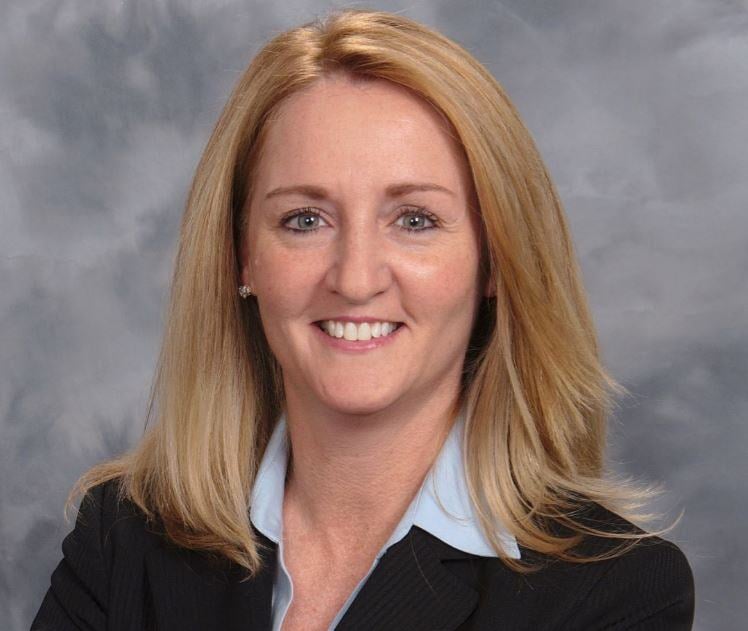
Colleen Bielitz, PhD is an accomplished academic, administrator, entrepreneur, tech futurist and biomimicry proponent who has been transforming institutions through strategic initiatives and visionary leadership by delivering pragmatic ideas and insights into the trends, technologies, and paradigms transforming education and society. Her driving force, to create a world that is sustainable and leaves no one behind.
Dr. Bielitz oversees Strategic Initiatives and Outreach for Southern Connecticut State University where she works to create purposeful, focused change in her institution’s economic and social potential. Dr. Bielitz is the co-chair of the Education Committee for the international VR/AR Association (VRARA), the XR Community Group co-lead for Educause, is a member of XR Women, Quantum CT and Women in AI. She is a recognized thought-leader in this space and speaks globally on the future of AI, XR and Quantum Technology. In 2023 she was named the State Leader for Million Women Mentors Connecticut Chapter and lives her passion daily illuminating what is possible at the nexus between tech and human ingenuity.
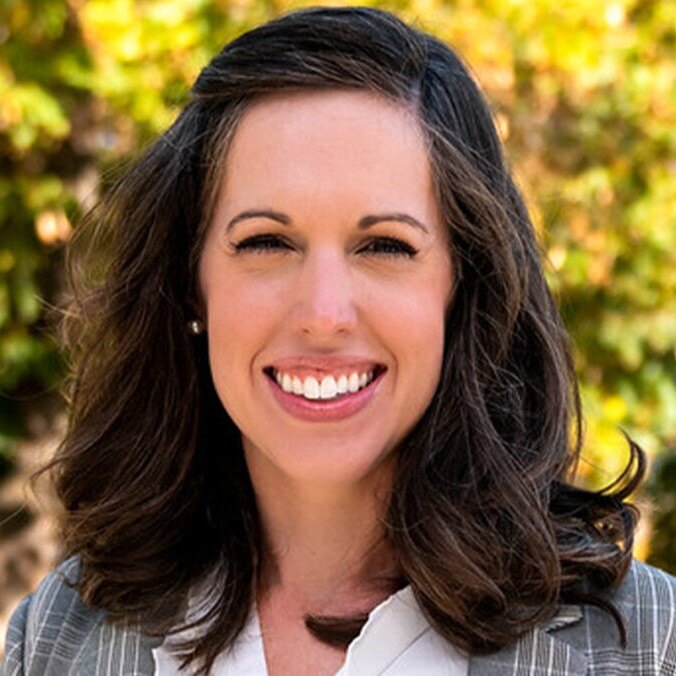
Dr. Cadwell is research associate faculty at WSU Tri-Cities in the School of Engineering and Applied Science. Her research incorporates an interdisciplinary study of mentoring models that provide a cohesive system of support for underrepresented students pursuing STEM pathways. Her mentorship-based programs are designed for community, industry, and education system partnerships (e.g. Department of Energy Inclusive Energy Innovation Prize, WSU Tri-Cities Clean Energy Ambassadors Network, and NSF INCLUDES Women in STEM Education Network (WiSEN)). She is the Washington state co-chair of Million Women Mentors.
Dr. Ashley Huderson

At ASME, Dr. Huderson is responsible for advancing and managing the research, development, promotion, implementation, and assessment of products and services that will help colleges of engineering develop their curricula and faculty. She also manages all ASME/ABET operational activities, annual program evaluator selection and assignment to ABET accreditation visits, and ASME evaluator recruitment, selection, training, and evaluation. As the founder and president of STEM Innovation Consulting, Dr. Huderson is provides STEM educational consulting services that include professional development, project development and management, curriculum development, grant writing, and stakeholder networking to build strategic partnerships between industry, educators, researchers, and community activists.
Dr. Ashley Huderson is a native of New Orleans, LA. She is a 2006 graduate of Spelman College and a 2013 Ph.D graduate of Meharry Medical College. She has also completed the Education Leadership and Program Evaluation certificate course at Georgetown University in 2018.
Panel: Integrating Validated Research into Practice to Improve Learning Outcomes
Numerous studies exist on improving learning outcomes and persistence in STEM fields. However, the challenge lies in integrating this research into practical learning and workforce settings. Experienced researchers on this panel will discuss these integration challenges.
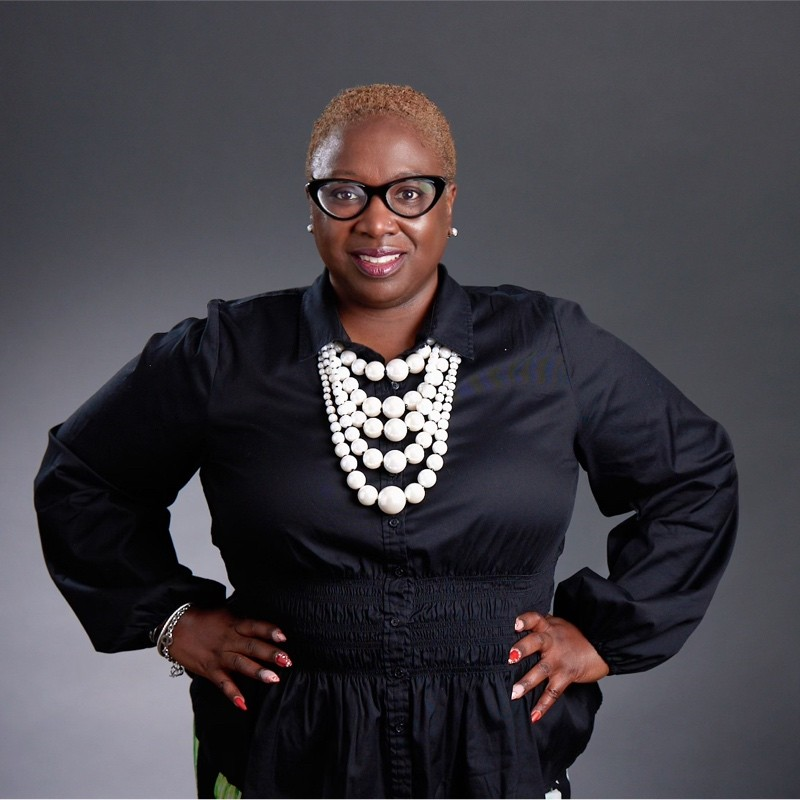
Dr. Keisha Chandler brings over 25 years of diverse experience in education, currently serving as the Managing Director of Partner Success for ASCD+ISTE. In this role, she oversees professional learning services, ensuring successful partnerships with school districts and organizations to enhance educational outcomes. Keisha’s career began in the classroom, teaching Kindergarten in Kenosha, Wisconsin, and later English/Communications to middle school students in Chester, Pennsylvania. She transitioned into education research and consulting, specializing in adult education and professional development.
Throughout her career, Keisha has held various roles, including Reading Specialist, Literacy Coach, and Educational Consultant, providing training across the United States. She founded her own consulting firm, Strategies 2 Success, Inc., where she managed large-scale professional development projects. Additionally, Keisha has served as the associate director of leadership at the New York City Leadership Academy and an executive coach with American Reading Company. An adjunct professor at Trinity Washington University, she teaches literacy-focused courses and holds a Doctorate of Education. Keisha is also a 2021-2022 DC Education Policy Fellow, further emphasizing her commitment to educational excellence.
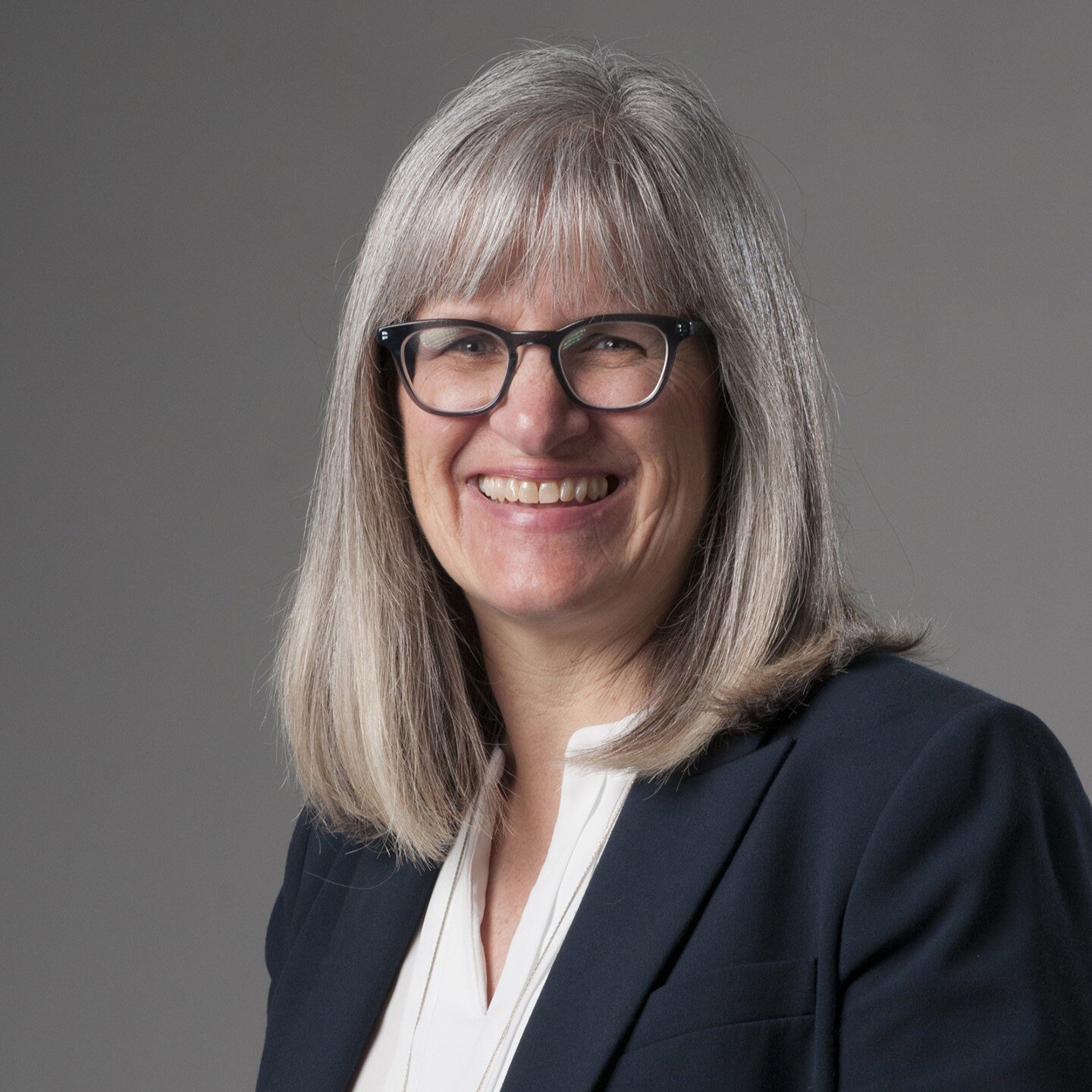
As the Senior Vice President of Community Partnerships, Martha McCabe leads a team actively developing cross-sector partnerships strategically engaged with Project Lead The Way (PLTW) students, educators and administrators across the country. Prior to coming to PLTW, Martha served as the Executive Director of the Kansas City Science, Technology, Engineering and Math (KC STEM) Alliance for the past 10 years advocating for robust STEM education for all students. Through Martha’s leadership, their work garnered national recognition as a best practice model replicated in a variety of cities across the US, most notably the Mass STEM Hub in Boston. Martha also received the Advocating Women in Engineering international award from the Society of Women Engineers and the University of Missouri-Kansas City’s chancellor’s staff award for Excellence in Engagement and Outreach.
Trained as a clinical exercise physiologist, Martha worked clinically at healthcare facilities and on healthcare advocacy and workforce initiatives with an interest in rural healthcare.
She received both her graduate and undergraduate degrees in exercise physiology and kinesiology from the University of Kansas and now resides in Kansas City, MO.
.jpg)
Leigh Ann DeLyser, PhD, applies her professional experiences as a K-12 educator, professional development provider, community college and university faculty member, and researcher to study and co-create approaches supporting educational improvement and equity. Leveraging experiences as a high school and university CS educator, Dr. DeLyser understands challenges faced by teachers, administrators, and students developing their competency in the field and accessing high-quality learning opportunities and resources. Her influential “Running on Empty” report has inspired policies and research that support broadening participation goals in STEM. Before joining SRI, Dr. DeLyser served as the co-founder and executive director of CSforALL. In her role at CSforALL, Dr. DeLyser led programmatic and research efforts to connect the national movement for CS education in order to advance the goals of high quality computer science education for all students. Dr. DeLyser was recognized as one of the Women Leading the AI Revolution in Education at the ASU+GSV Air Show in 2024. She received a PhD in Computer Science and Cognitive Psychology, with a focus on CS education, from Carnegie Mellon University.
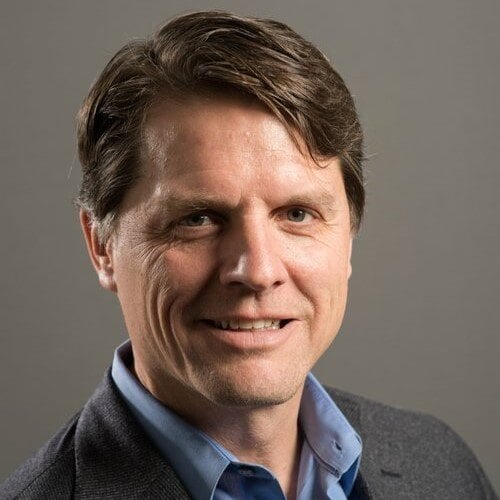
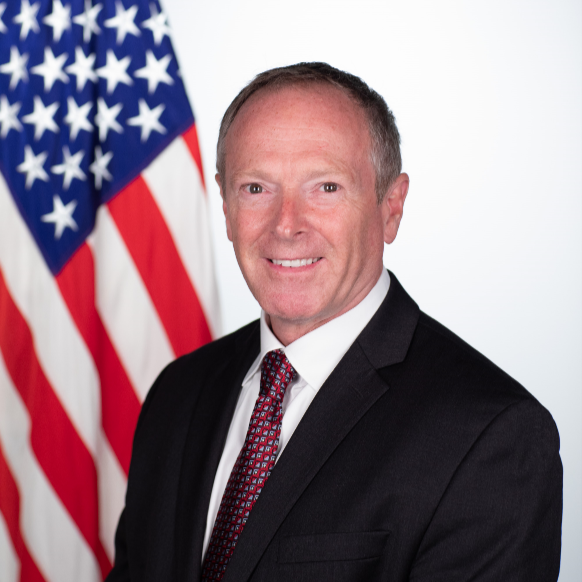
Jeff Weld, Ph.D. is an executive consultant and professor emeritus at the University of Northern Iowa. He entered private practice after 12 years directing the Iowa Governor’s STEM Advisory Council, and after 5 months inaugurating the position of Chief Innovation Officer at the Iowa Department of Education. A scholar and teacher for 27 years at the University of Northern Iowa and Oklahoma State university, Jeff was national collegiate biology teacher of the year while publishing widely on STEM education in both scholarly journals and popular media, launching new coursework and faculty pedagogy workshops, and serving on regional and national committees and boards including the National Alliance for Partnerships in Equity (NAPE) and the Triangle Coalition for STEM. In 2018-19 Jeff was granted leave from Iowa duties to accept appointment as Senior Policy Advisor for STEM Education at the White House Office of Science and Technology Policy, producing the 2018-2023 federal STEM education strategic plan that today guides $3.2 billion in STEM investments across 16 federal agencies. Jeff cut his teeth professionally as an award-winning high school science teacher and coach on the Texas border, urban St. Louis, and rural Iowa in the 1990s. Today you can find Dr. Weld at www.jeffweldLLC.org.
Panel: Evolving Attitudes Towards Inclusive Work and Learning Spaces
Leaders across industry, education, and government have long pursued broadening participation among historically underrepresented groups as a shared challenge. Recently, the dynamics of this system have shifted in certain regions and industries. This panel will explore how attitudes around inclusive workspaces, learning, and belonging dynamics within STEM education and workplaces are changing and continue to evolve.
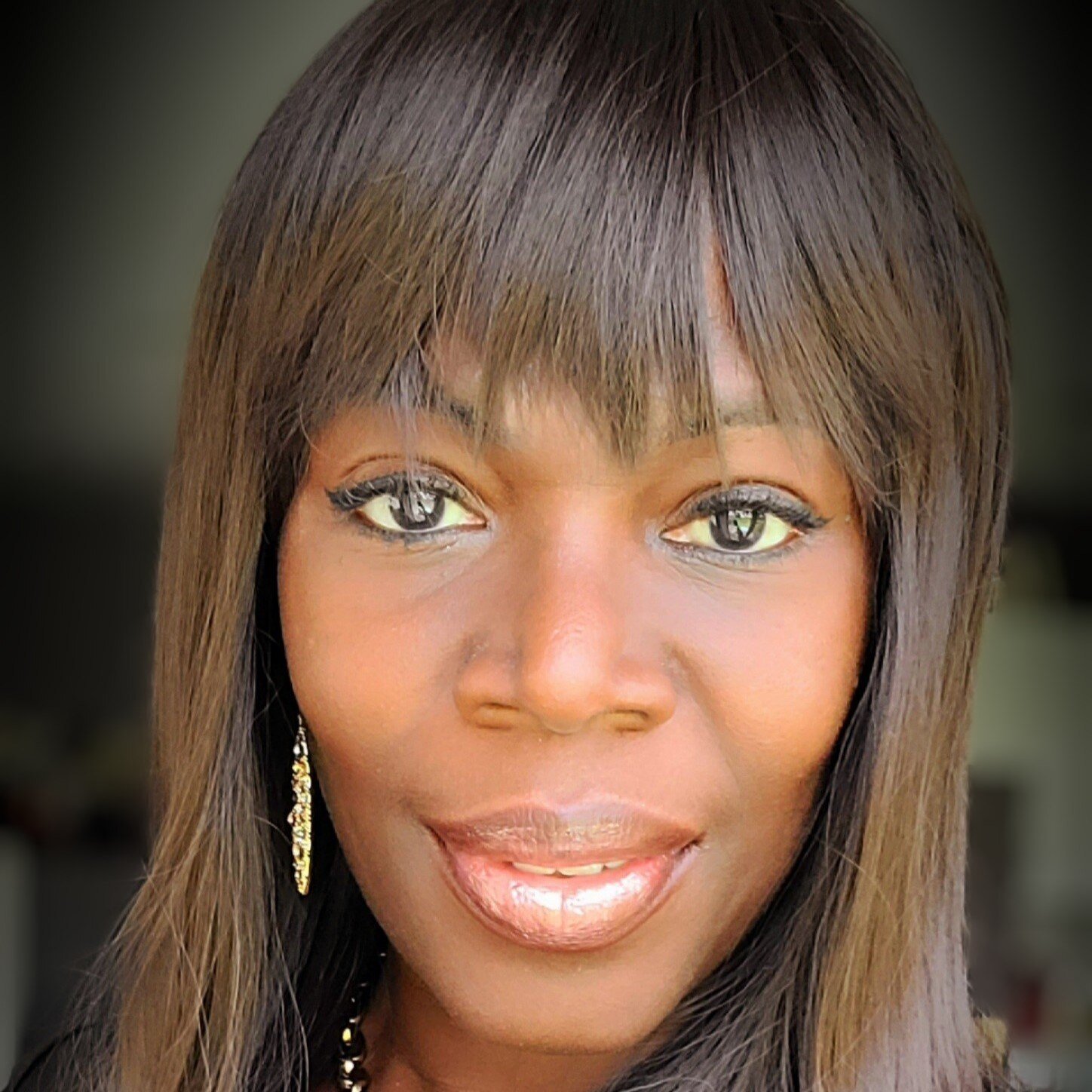
Orinthia Dias is an accomplished leader with an extensive background in creating and implementing systemic, organizational change by fostering a sense of community and ownership in the schools and communities she has served. Over the past 29 years, she has worked in three districts at the school and district levels, focusing on high-quality instruction, providing equity in resources for children, developing strategies and programs to promote diversity, and providing leadership and vision to the organizations.
Dias is the Equity and Diversity Education Department Director in the Clark County School District. She leads the dialogue and integration of restorative practices, cultural competency, and culturally and linguistically responsive teaching. She works to help students, staff, and families develop a deeper understanding of equity and diversity by recognizing diverse perspectives and providing equitable access for all learners.
Dias has spent much of her career engaged with educators and students at Title I schools, working in the most underserved schools and communities. She has worked as a teacher and math curriculum specialist at several diverse elementary and secondary schools in the fifth and sixth-largest school districts. She has completed nineteen years as an assistant principal, principal, and director.
Through her passion for education and extensive leadership experience, she has fostered a desire to provide support and build capacity to execute critical diversity and equity initiatives and programs through districtwide professional learning.
Dias understands the importance and value of diversity and strives to provide a holistic strategic plan that provides a space where all students and staff are respected. She has challenged, inspired, and supported others while continuing to infuse equity in education to ensure all students have a fair and desirable outcome in life.
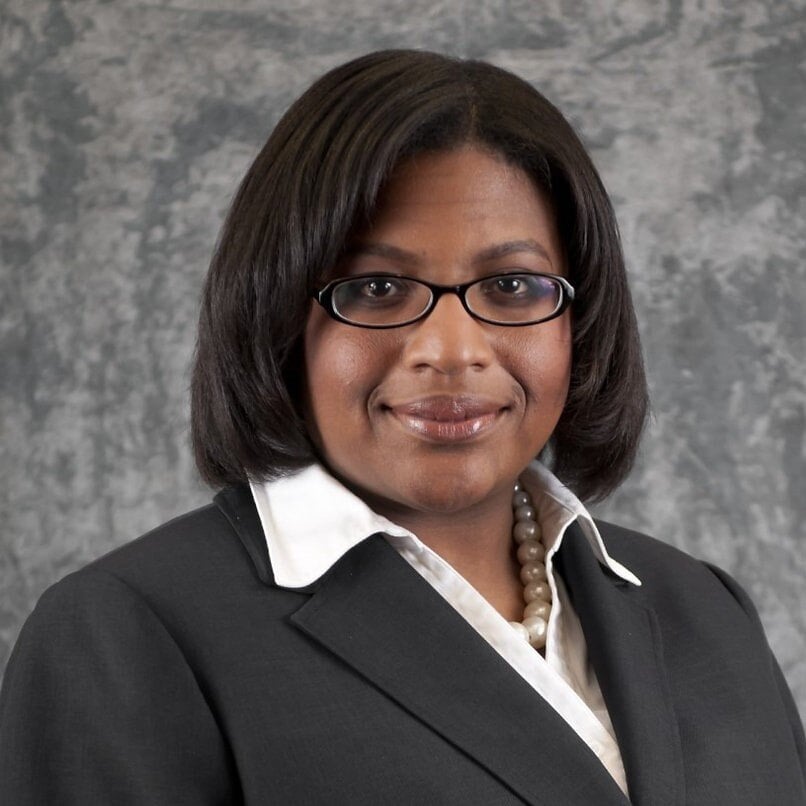
Dr. Olga Bolden-Tiller, assumed the deanship of the College of Agriculture, Environment and Nutrition Sciences (CAENS) and 1890 Research Director, effective January 1, 2022.
Dr. Bolden-Tiller was a Professor and Head of the Department of Agricultural and Environmental Sciences and the Assistant Dean for Development in CAENS.
Bolden-Tiller is a graduate of Fort Valley State University. She has a Ph.D. in Animal Sciences from the University of Missouri-Columbia and has done post-graduate work in Academic Leadership at the University of Chicago School of Professional Psychology.
Prior to her employment at Tuskegee University in 2006, she served as a Visiting Scientist at the University of Texas - MD Anderson Cancer Center, an adjunct faculty member in the Houston Community College System, and as support faculty and Post-Doctoral Fellow at the University of Texas -MD Anderson Cancer Center.
At Tuskegee, she worked herself up through the ranks from assistant professor to full professor and finally head of the department, having received numerous awards, including the TU Outstanding Faculty Performance Awards for Teaching and Outreach as well as TU’s Faculty Achievement Award, the highest honor given to faculty at the institution. She is a successful grant writer and has acquired extramural funding for grants ranging from $52,000 to $20 million, supporting the training of numerous high school students and over 50 undergraduate and graduate students which has resulted in numerous publications.
She holds memberships and leadership roles in several professional associations including the National Society for Minorities in Agriculture, Natural Resources, and Related Sciences for which she currently serves as the President.
She was recently appointed to serve on the board for Together We Grow and the Farm Journal Foundation as well as a member of the Blue-Ribbon Panel for Enhancing Coordination Between Land-Grant Universities and Colleges organized by the National Academies of Sciences Engineering and Medicine on behalf of the USDA.

Brittany Brady, education equity advocate, serves as Chief Executive Officer of the National Alliance for Partnerships in Equity (NAPE), the nation’s leading professional alliance committed to building the capacity of educators to increase student access, educational equity and workforce diversity.
Throughout her career in Dallas, TX, Brady has been a passionate advocate for equitable access to education and quality teacher training and support. Most recently, Brady was Chief Development Officer at Lumin Education, which operates early childhood learning centers serving children and their parents through daily classroom programs and parent education.
Brady’s civic engagement activities include serving as a Board Member of SkillsUSA, BOOM (Building Opportunities Opening Minds) and Our D.R.E.A.M. Foundation. Brittany maintains her engagement with community by serving as Program Director for the THR!VE Intern and Leadership Program. She received a Bachelor’s degree from the University of Maryland and a Master’s degree from Harvard Graduate School of Education.
Panel: Federal Investments in STEM Education and Workforce
Funding and policy decisions from the Federal Government have significant implications for STEM Education and Workforce Development across the country. This panel will explore how new legislation and policy shifts around education and workforce are impacting resource allocations. Discussion will explore the impacts of these dynamics on stakeholders nationwide, highlighting potential engagement opportunities and potential challenges.
Stephanie Donofe Meeks
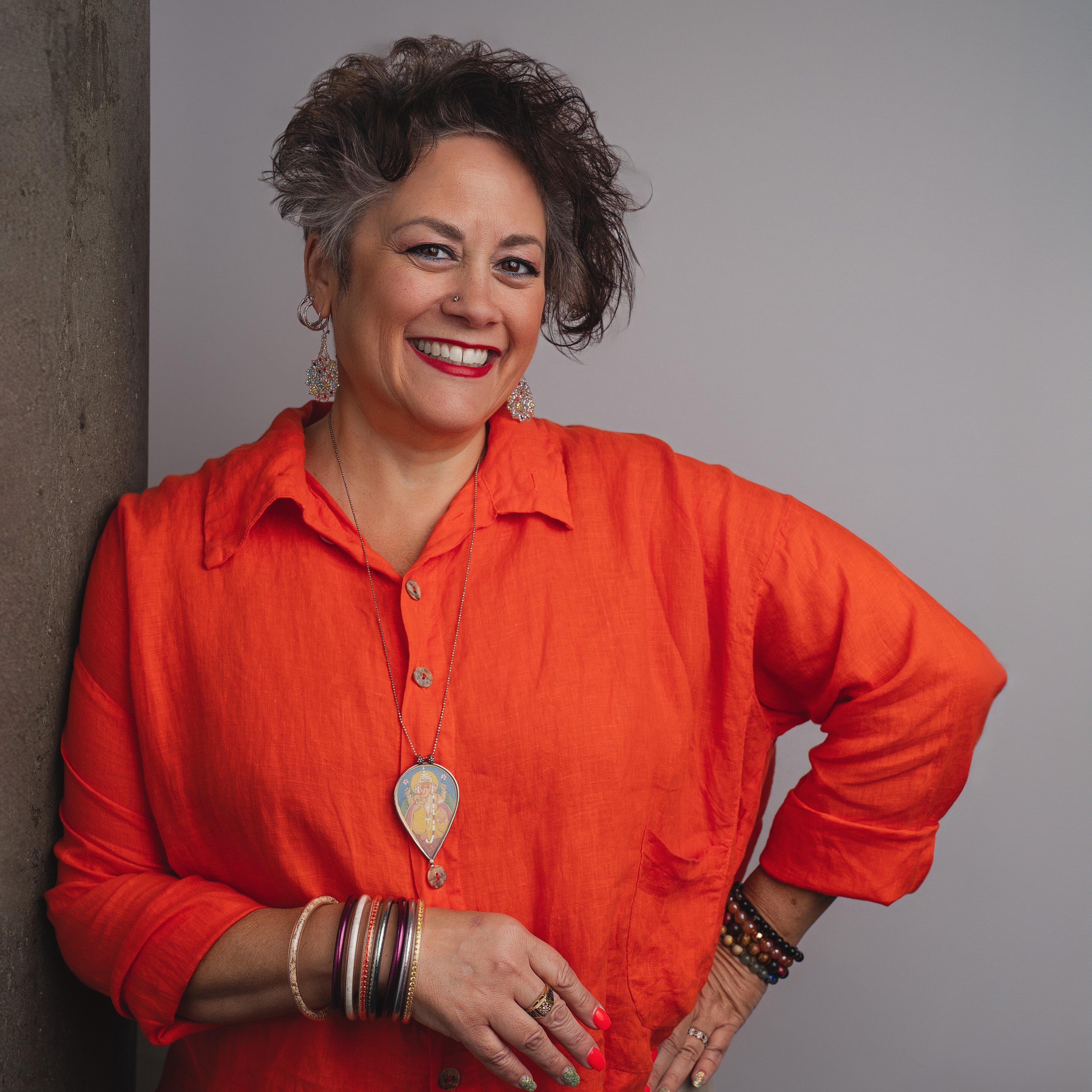
Stephanie Donofe Meeks is a life-long educator, with a broad career as a HS teacher in diverse districts, including ten years overseas with the Department of Defense Dependent Schools in Germany and Korea. She has also worked as a Library Media Specialist, and specialized in educational technology as a Curriculum Administrator in districts and with the Ohio Department of Education. She is currently working in Higher Ed, as the first director of the new Office for WFD at Ashland University.
With a belief in education as a means to transformation, she herself has never stopped learning and has earned multiple graduate and post graduate degrees. She is now completing her doctoral work in Organizational Leadership, with a focus on Correctional Education to reduce recidivisim.
A forward thinking and solution-oriented educational innovator with a global worldview and vision, she respects collaboration and building partnerships as a tool for successful innovation. Possessing a unique ability to amplify initiatives and inspire others to focus on the process to grow vision to reality, she credits her US Marine father for her tenacity and ability to improvise, adapt and overcome to achieve goals.
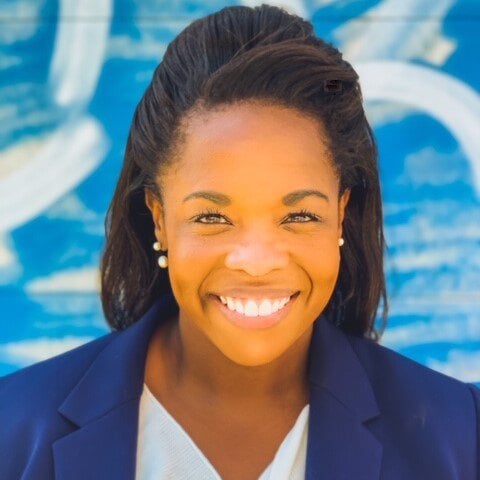
Francella Ochillo leads the Office of Public Engagement at the National Telecommunications and Information Administration. Her team serves as a bridge between NTIA and key stakeholder groups, keeping them informed and involved in agency initiatives. Before NTIA, she was detailed to Energy and Commerce's Innovation, Data, and Commerce Subcommittee in the U.S. House of Representatives through her fellowship at Georgetown University.
During Francella's tenure as executive director of Next Century Cities, she was a champion for digital equity, centering it as a foundational principle in broadband program development. Her research publications examine how digital inequities exacerbate other societal inequalities and cause a ripple effect in local and state economies. Focused on expanding who creates technology, Francella has served on grant selection committees, infused community-based perspectives into federal workgroups, and orchestrated campaigns to advance consumer-focused technology policies in federal, state, and local government proceedings.
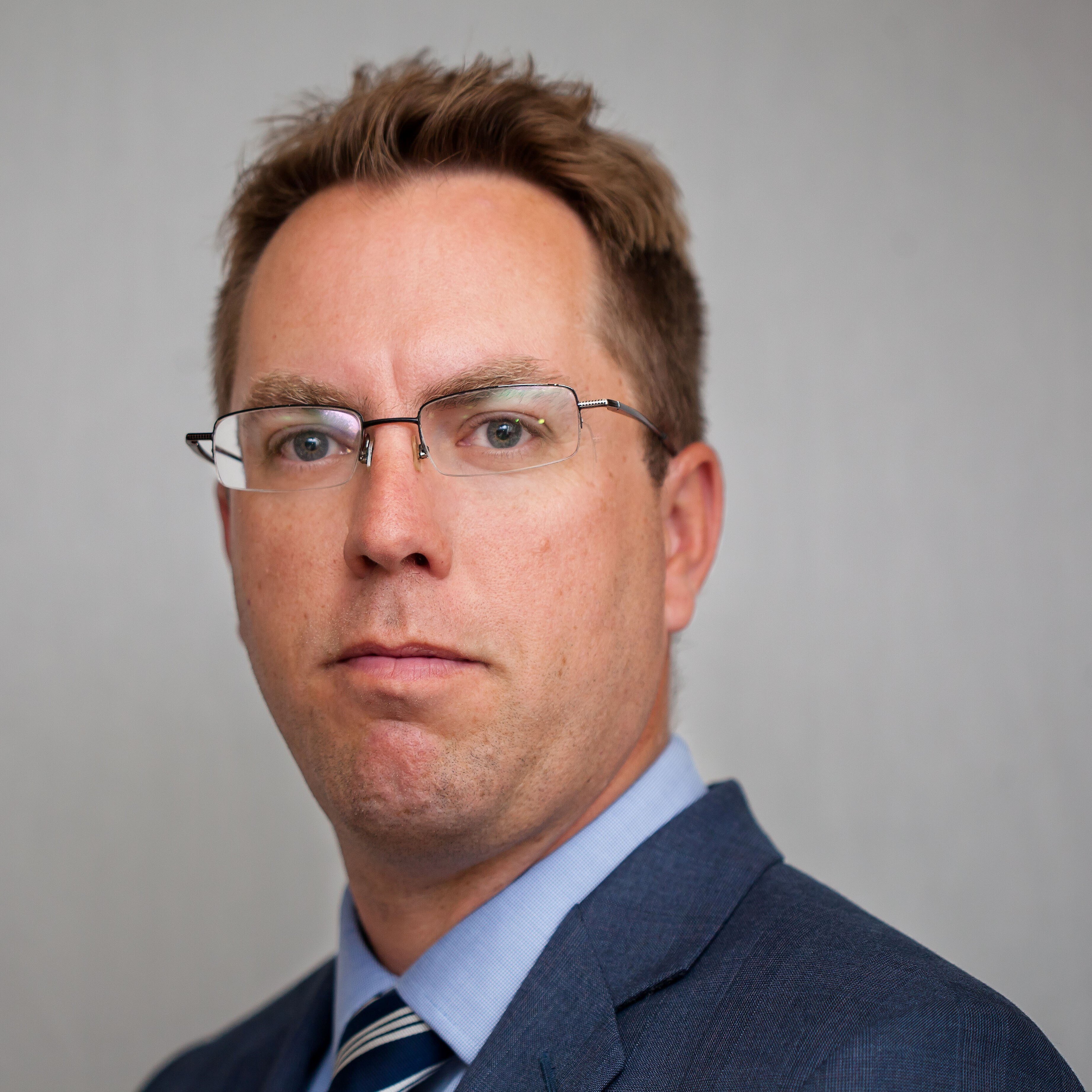
Prior to joining the Coalition, James Brown was Director of Advocacy at the American Chemical Society. A nuclear engineer by training, he previously worked as a Legislative Aide for Rep. Doc Hastings of Washington, was Director of Policy and Development at the Consumer Energy Council of America, and began his career as an engineer with Newport News Shipbuilding, working on aircraft carrier construction. He received a B.S. from the University of New Mexico and an M.S. from Penn State, both in nuclear engineering. He also holds an MBA from George Washington University.
-1.png)
Since starting as a John Glenn Policy Fellow in 2014, Thomas Phillips has been a member of Battelle’s government relations office in DC, where he brings his passion for public policy and communications background to his role in advocating for Battelle’s interests on Capitol Hill.
Now a Sr. Congressional Affairs Specialist, his portfolio primarily supports the work of the Battelle Education team, with a focus on federal policy that builds state capacity and improves equity and access to high-quality STEM education for all. He also supports Battelle’s National Laboratory Management and Operations (NLMO) team, and the Laboratory Education Community of Practice, pushing for federal investments in the fundamental research happening at the Department of Energy and in the workforce that supports it.
Thomas serves as Secretary of the Board of the STEM Education Coalition, which educates members of Congress and their staff on the critical role that STEM will play in closing America’s skills gap, and developing the workforce of the future. He also chairs the Public Relations Committee for the Task Force on American Innovation (TFAI) – an alliance of industry, trade groups, scientific societies, and university organizations – where he helps shape their communication strategy and plan Congressional briefings and events.
He graduated Magna Cum Laude from The Ohio State University with a Bachelor of Arts in Public Affairs, specializing in Rhetoric & Policy, and now proudly manages Battelle’s Policy Fellowship program.

